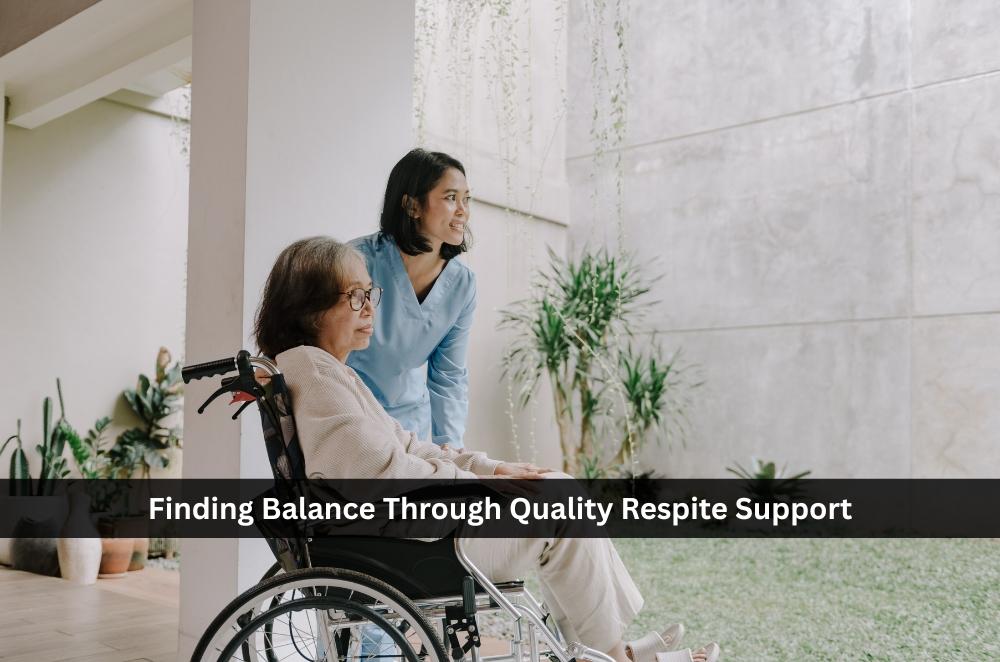Finding Balance Through Quality Respite Support

Caring for someone with a disability can be deeply rewarding, but it’s tough going too. Days blur together, and the weight of responsibility doesn’t really let up. Families keep pushing, giving all they can, yet the cracks show when rest never comes. Fatigue creeps in slowly—then suddenly it’s overwhelming. That’s when respite disability care makes all the difference. It offers carers the pause they may not admit they need, while keeping routines steady for the person supported. And here’s the truth: respite isn’t about guilt or stepping back. It’s about making sure care holds steady, not just for weeks, but for years ahead.
How can families access respite care for disability?
Families can access respite care through funded programs, local providers, and sometimes through community-run services. Options depend on what level of support is needed.
Respite care is a popular choice as it provides flexibility. For some, that means a few hours a week; for others, it’s planned overnight care. The NDIS lists approved providers, but informal networks—like trusted relatives—still play a role.
-
Ask about staff training before committing
-
Look for care that adapts to personal goals
-
Keep communication open with coordinators
The best approach is usually layered, combining formal programs such as quality disability respite care with informal support so that no single carer is left carrying the full weight.
What makes disability respite care effective?
Respite care is most effective when it adds value to the person’s life, not just filling hours. It should give both carer and individual something positive.
Good service designs activities around the person’s interests. That might be a community outing, cooking together, or skill-building in small steps. It’s not about “minding time” but about engagement. Research shows that promoting independence during respite helps reduce stress and improve well-being.
The right mix makes respite a win for both sides. Carers get time to recharge, while individuals enjoy stimulation and connection instead of isolation.
Why is respite care important for long-term well-being?
Respite matters because nobody can keep giving endlessly. Sooner or later, the weight shows, and families feel it.
Health groups like the World Health Organisation have warned about the toll of long-term stress. It’s not just “tiredness”—without pauses, carers edge toward burnout, illness, or sharp dips in mental health. A proper break cuts through that spiral. It resets energy, steadies patience, and makes the care itself more sustainable.
-
Protects the mental health of caregivers
-
Keeps care sustainable long-term
-
Adds variety and independence for the person supported
Small breaks add up. Over months and years, they’re what make the difference between families that cope and families that collapse under the pressure.
Conclusion
Respite shouldn’t be seen as a weakness—it’s the thing that keeps care from snapping under pressure. Some families find a steady groove, others juggle day by day, but everyone needs a pause somewhere in the mix. Without it, even the most committed carer runs dry. And when that happens, both sides feel the strain. Taking up disability respite options isn’t about stepping back; it’s about keeping the whole setup alive and workable for the long run.








